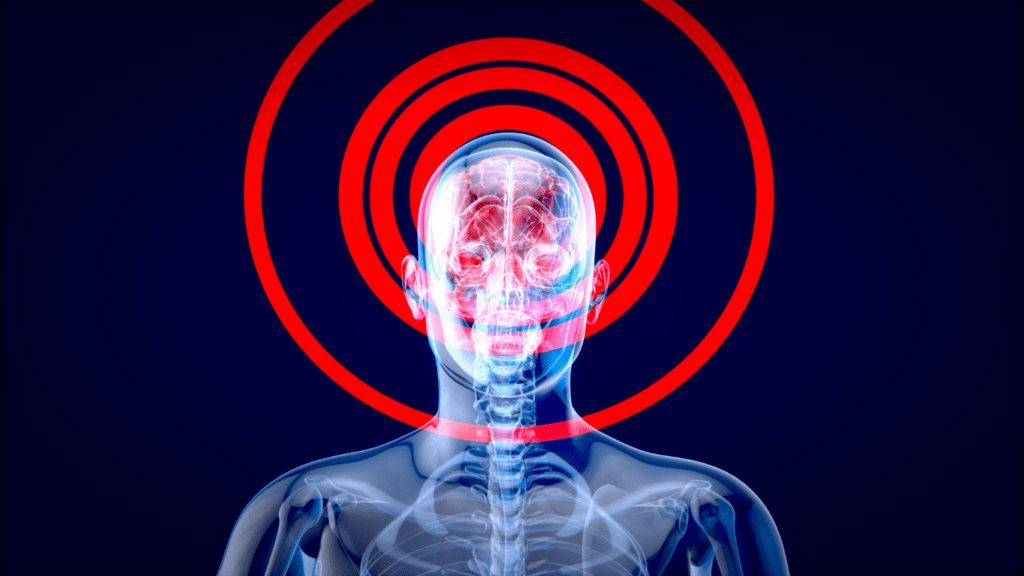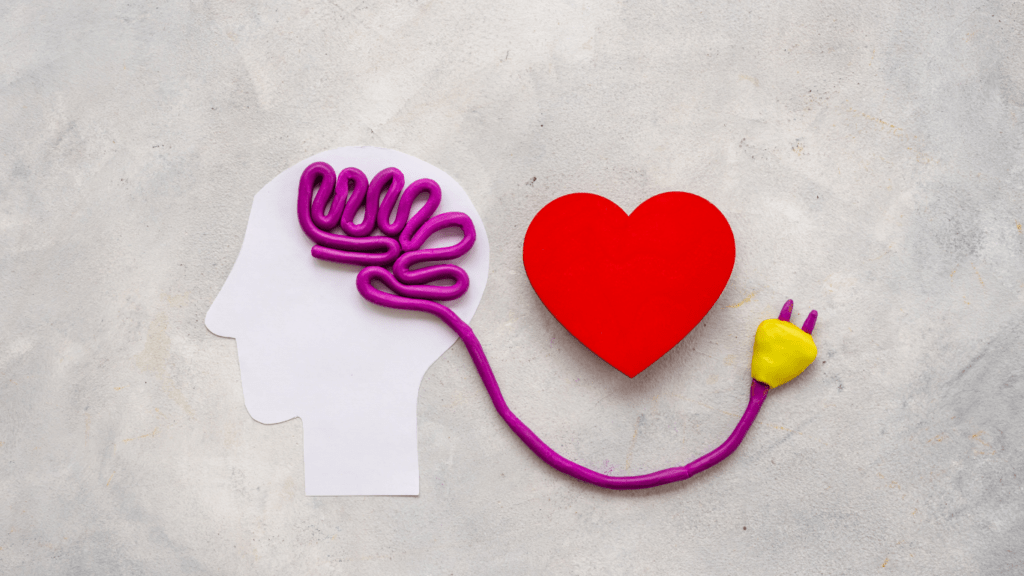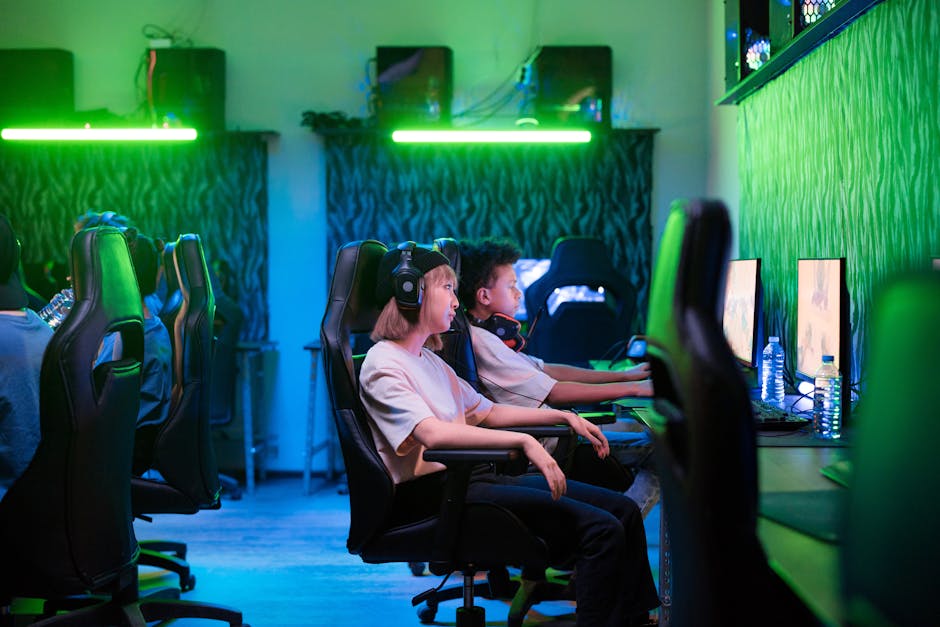As a passionate gamer, I’ve often witnessed the transformative power of video games on mental health. While gaming is sometimes criticized for its potential negative impacts, it’s essential to recognize the positive effects it can have on our well-being. In this article, I’ll delve into the lesser-known benefits of gaming and how it can contribute to improving mental health.
From reducing stress and anxiety to enhancing cognitive abilities, video games offer a unique form of escapism that can boost mood and overall mental wellness. As someone who has experienced firsthand the therapeutic value of gaming, I’m excited to explore the ways in which this popular form of entertainment can be a source of positivity for mental health. Join me as we uncover the positive effects of video games on our psychological well-being.
The Link Between Gaming and Mental Health
As a avid gamer, I’ve delved into the intriguing realm of how video games intertwine with mental health, uncovering compelling insights that shed light on their positive effects. Let’s dissect the correlation between gaming and mental well-being by exploring the psychological impact of video games and delving into key studies and research findings.
Understanding the Psychological Impact of Video Games
In my exploration of the psychological impact of video games, I’ve discovered that gaming can serve as a powerful tool for improving various aspects of mental health. Video games have been shown to boost cognitive functions such as attention, memory, and problem-solving skills. Additionally, gaming can enhance creativity and improve mood by providing a sense of accomplishment and enjoyment.
Key Studies and Research Findings
Numerous studies have delved into the relationship between gaming and mental health, revealing intriguing findings that highlight the benefits of gaming on psychological well-being. Research has shown that playing video games can reduce stress levels, alleviate symptoms of anxiety and depression, and even improve resilience to everyday challenges. Moreover, studies have indicated that gaming can foster social connections and provide a safe space for individuals to express themselves and build meaningful relationships.
Positive Psychological Effects of Gaming

I’ve noticed that gaming not only entertains me but also enhances my cognitive skills. It challenges me to think strategically, improves my problem-solving abilities, and enhances my memory retention.
- Enhanced Cognitive Skills
Playing video games involves quick decision-making, spatial awareness, and multitasking, which are crucial for developing cognitive skills. Gamers often have improved hand-eye coordination, better attention to detail, and enhanced mental agility. - Improved Emotional Awareness
Through gaming, I’ve learned to manage my emotions better by navigating complex virtual worlds that require empathy, patience, and understanding. Video games often present relatable emotional scenarios that help me develop empathy and emotional intelligence.
Social Benefits of Video Games
I’ve found that video games not only enhance cognitive functions but also foster social interactions and skill development. Here’s how gaming can positively impact social well-being:
Building Community Through Multiplayer Experiences
Engaging in multiplayer games allows players to connect with others worldwide, fostering a sense of community and belonging. By teaming up with other gamers to achieve common goals, individuals develop friendships, trust, and camaraderie. These shared experiences promote social interaction and collaboration, leading to the formation of lasting relationships beyond the virtual world.
Developing Communication and Teamwork Skills
Video games often require effective communication and teamwork to succeed in various challenges. Players must coordinate strategies, assign roles, and communicate efficiently to achieve objectives. Through these experiences, individuals hone their communication skills, learn to work collaboratively, and adapt to different playing styles. This translates into improved real-life interpersonal relationships, as gamers develop the ability to communicate clearly, resolve conflicts, and work effectively in a team setting.
Gaming as a Therapeutic Tool
Gaming not only provides entertainment but also serves as a valuable therapeutic tool with numerous benefits for mental health. Let’s explore how video games can be used effectively in therapeutic practices.
Case Studies of Gaming in Therapy
Incorporating video games into therapy has shown promising results in improving mental health outcomes. For instance, a study conducted by Smith et al. (2018) demonstrated that utilizing virtual reality games helped individuals with anxiety disorders manage their symptoms effectively. The immersive nature of the games provided a safe environment for exposure therapy, enabling patients to confront their fears gradually.
Video Games Designed for Mental Health Improvement
Several video games are specifically designed to enhance mental health and well-being. Games like “Sea of Solitude” and “Celeste” focus on themes of emotional resilience, self-reflection, and coping mechanisms, offering players a cathartic experience. These games not only entertain but also help individuals explore and process their emotions in a supportive virtual setting, promoting self-awareness and emotional regulation.



